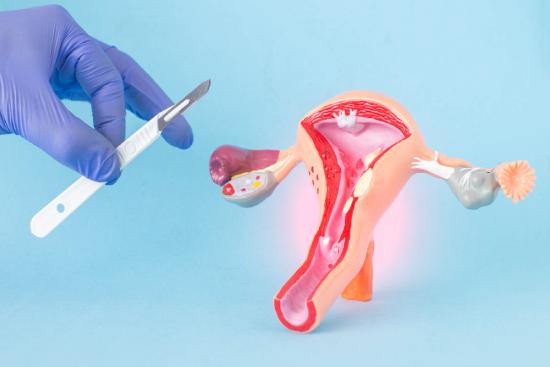Deciding to undergo a hysterectomy is never an easy choice. When gynecological conditions begin to affect your well-being and daily comfort, many women take time to consider their options carefully. For some, a hysterectomy becomes a meaningful step toward long-term relief and a better quality of life.
Performed by experienced gynecologists in Turkey, this surgery removes the uterus to treat specific conditions. With personalized care and modern medical techniques, patients receive support at every step, helping them regain comfort and well-being.
Risks and Side Effects
- Pain
- Fatigue
- Hormonal changes
- Urinary changes
Hysterectomy costs in Turkey
Choosing a hysterectomy at one of our accredited clinics in Turkey provides women with access to high-quality care for serious uterine conditions.
With Turquie Santé, a dedicated team of experienced obstetricians and gynecologists supports you throughout your surgery to ensure the best possible outcome.
The cost of a hysterectomy in Turkey typically ranges from $4,200 to $5,300 USD, covering the procedure, hospital stay, and follow-up care.
Contact our team today to plan your surgery with confidence and peace of mind







